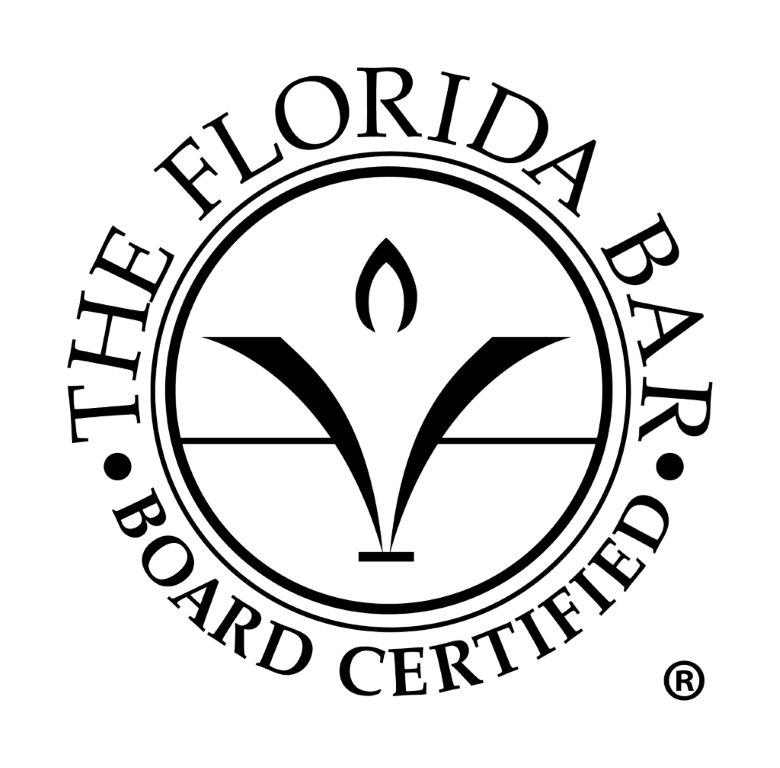
If you are like many grandparents, you may enjoy giving your grandchildren money at the holiday season. After all, what do you give your grandchildren now that they truly need? Whether it is a small gift card to a store they like or helping them pay for college tuition, there is no question that whatever you give them will be greatly appreciated.
As a grandparent, or parent, you may choose to make a larger monetary gift because you heard or received advice that it is an allowed expense. The main reason why is likely to be because, according to our gift tax laws, donors of lifetime gifts are allowed an annual exclusion from the federal gift tax. For the year 2019, this means that you may make a gift of up to $15,000 on transfers of money to each donee during the taxable year. If your non-donor spouse consents to split the gift with the donor spouse, then the annual federal exclusion can be up to $30,000 per donee for 2019. This is, however, only one rule that governs taxation for gifting.
We want you to take care when you decide to make monetary gifts. One reason why is because the Florida Department of Children and Families has a different rule in place. It imposes a penalty for a gift to someone other than a spouse or a minor child, or disabled child. Why does this matter? It matters because DCF is the authority governing the state of Florida’s Medicaid program, which may be able to help eligible seniors afford the high cost of long-term care they may need in the future.
The penalty for this gift may cause the donor and his or her spouse to be ineligible for nursing home assistance for a period of time. These transfers can cause the donor or his or her spouse to be ineligible for Medicaid assistance on the first day the individual would otherwise be eligible for Medicaid long-term care nursing home assistance.
How much of a penalty may you face? The state of Florida has determined the average monthly cost of nursing home care is $9,171. It has also determined the look-back period for any gifts made is 60 months. Let us share an example with you. If you make a gift of $91,710 to someone, other than a spouse or a minor child or a disabled child, within the look-back period of 60 months from entry into the nursing home, then the ineligibility period would be 10 months from the month after entry into the nursing home. Bear in mind, the 10 month period only begins only when the patient has exhausted all of his or her countable resources down to $2,000 or less.
The good news is that there is no fine or penalty if the recipient of the gift repays the gift to the nursing home patient who then may use the funds to pay for his or her nursing care. Unfortunately, it is often difficult to reclaim the gift after it is made. This holds especially true if the gift is made for the purpose of helping with living expenses of a loved one or a grandchild’s tuition.
We know this article may raise many more questions that it answers. Planning to make gifts, however, is something you should consider discussing with your estate planning and elder law attorney. Do not hesitate to contact our office and schedule a meeting to discuss this issue, as well as any of your other elder care concerns.







